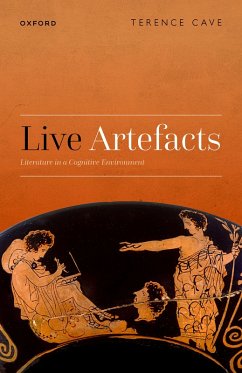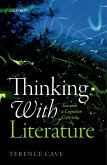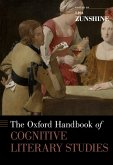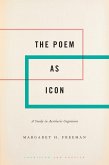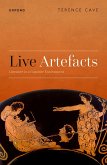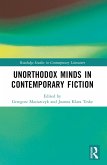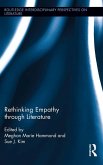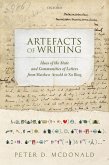Literary artefacts--the stories people tell, the songs they sing, the scenes they enact--are neither a by-product nor a side-issue in human culture. They provide a model of everything that cognition does. They refuse to separate thought from emotion, bodily responses from ethical reflection, perception from imagination, logic from desire. Above all, they demonstrate the essential fluidity and mobility of human cognition, its adaptive inventiveness. If we are astonished by the art of Chauvet or Lascaux as an early model of human cognition, then we should be continually astonished by what literature is and does as it reaches beyond itself to reimagine the world. This book argues that literary artefacts are quasi-autonomous living entities, fashioned to animate captured environments, embodied people and other creatures, ways of being and living that remain virtual. They own a freely delegated agency that allows them to speak to listeners and readers present and distant, present and future, adapting themselves and their meanings to whatever cognitive environment they encounter. Such an approach offers a way of linking a close attention to the specific properties of literary artefacts with the insights of cognitive anthropology and archaeology, and thus of satisfying the conditions for a properly interdisciplinary understanding of literature. It aims both to defend literary study against utilitarian and reductive arguments of all kinds and to argue that literary artefacts may give us new insights into how the mind (and its indispensable substratum, the brain) functions in the human ecology.
Dieser Download kann aus rechtlichen Gründen nur mit Rechnungsadresse in A, B, BG, CY, CZ, D, DK, EW, E, FIN, F, GR, HR, H, IRL, I, LT, L, LR, M, NL, PL, P, R, S, SLO, SK ausgeliefert werden.

